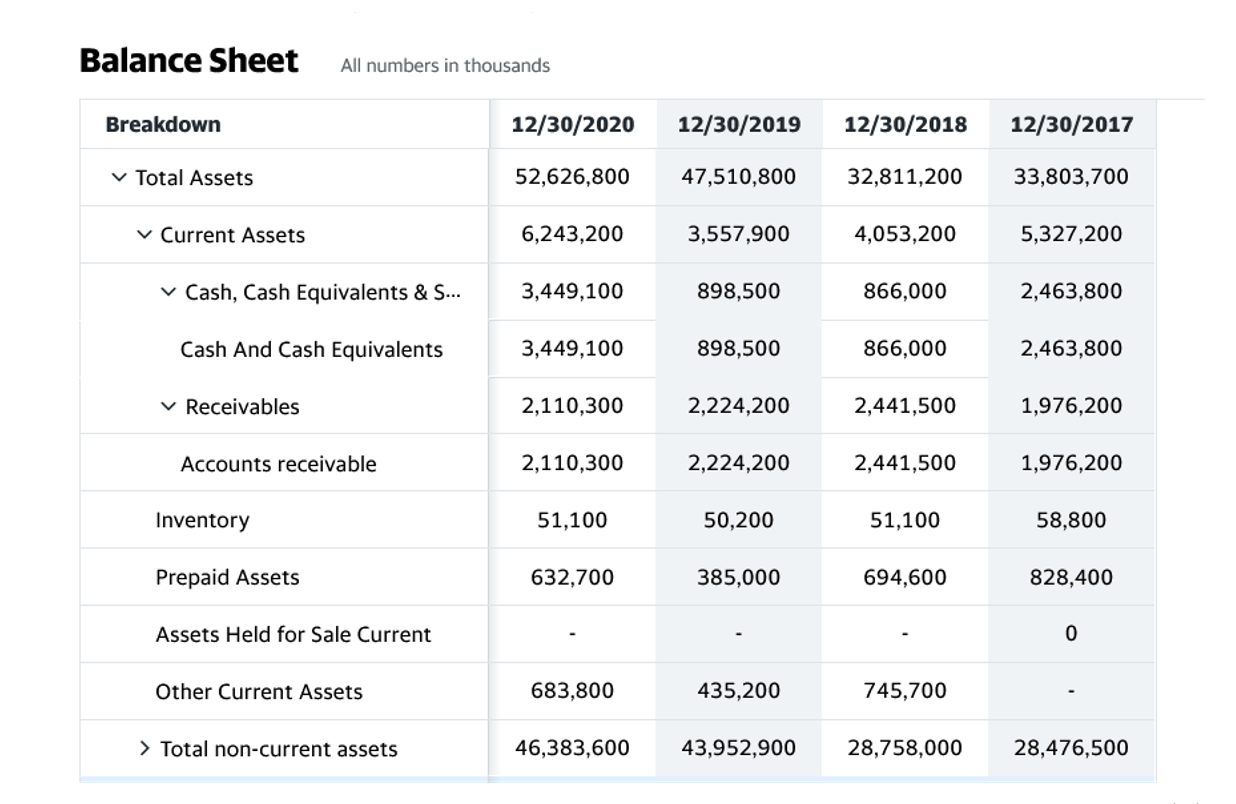Finance vs Accounting: Choosing Your Degree & Career Path
Daddy — Бонус на первый депозит, официальный сайт казино онлайн
August 28, 2024официальный Сайт 1хбет Регистрация%2C Вход%2C Рабочее Зеркало 1xbet На ден
August 29, 2024
While they are part of the same field, business owners need to be aware of these two terms. Accounting is all about numbers and financial statements, while finance focuses on how money flows through a company. The courses for accounting, on the other hand, will teach you accounting theory, tax law, accounting ethics and generally accepted accounting practices (GAAP). You’ll also learn how to prepare and analyze financial statements, perform cost analyses and audit organizations. Standard courses to expect are financial accounting, taxation, business law, accounting information systems and auditing. If working with money and helping individuals or organizations manage it sounds like an interesting career path, a degree in accounting or finance can help you land a job in one of these fields.
Get in Touch With a Financial Advisor

There are many more things in finance that finance executives and professionals have to pay heed to. For example, people involved in finding out which projects are best for clients to invest in regularly perform financial analyses. Many students think that finance and accounting stem from the same domain of expertise. But ask an accountant or a finance guy who has been working in a corporation for a long time. They would tell you how different they are in their nature, the scope of work, and areas of expertise.

Finance Vs Accounting – Salary
They decide on capital allocation (how to invest money), risk management, and raising money from investors. They also assess various investment opportunities and manage financial resources to achieve the organization’s goals. Accounting is a field of study that deals with the measurement, analysis, and interpretation of financial transactions. Its primary focus is on the preparation of financial statements for decision-making purposes. Accounting also covers cost accounting, auditing, taxation, investments, and budgeting. Accounting is a broader field that starts with the precise bookkeeping of an individual, company or government’s financial transactions.
Firm of the Future

Accountants and auditors work with all types of clients, from individuals and families, to governments, to businesses and corporations. They prepare financial records and look at financial statements to ensure legal accuracy. While accountants are the ones who prepare financial statements, financial analysts are the ones who spend a great deal of time analyzing them and looking for accounting definition in business insights into how the company is performing. This includes the evaluation of profitability, rates of return, margins, growth, and many other types of financial statement analysis. Accountants and accounting professionals provide the necessary data and financial records to inform budgeting and planning decisions. They compile accurate financial information and ensure all transactions are properly recorded and categorized.
“If someone is interested in finance and helping individuals achieve their financial goals, a job as a financial planner can be quite fulfilling,” Regis said. Successful professionals in finance, like financial analysts, understand the stock market and other types of investments and are skilled at interpreting mathematical and statistical data, according to the U.S. In both accounting and finance, clients may be individuals, organizations, businesses, or governments. Accounting can often be an excellent option for undergraduate students in terms of career opportunities.
How Many Hours of Education Does a CPA Require?

On the other hand, finance has a wider scope and is mainly responsible to support in decision-making such as investment, divestment, cash management, Working capital management etc. Earn a degree you’re proud what are retained earnings of and employers respect at Purdue Global, Purdue’s online university for working adults. Accredited and online, Purdue Global gives you the flexibility and support you need to come back and move your career forward. Bureau of Labor Statistics, employment of financial and business occupations is expected to grow faster than average for all occupations between 2019 and 2029.
- Where finance is primarily future-focused, accounting generally works with existing records and documents.
- The Controller is more hands-on when it comes to financial reporting, whereas the CFO oversees this process across different divisions and reports back recommendations for change if necessary.
- While they are part of the same field, business owners need to be aware of these two terms.
- Her copy and content writing experience prior to this role includes education, non-profit, technology, building products, and other industries.
- Unlike accounting’s reliance on transactional data, finance looks at how effectively an organization generates and uses cash through the use of several measurements.
- Finance includes cash management which considers how much money a company will need for everyday operations and long-term needs such as capital investments.
Two common areas you may choose to focus on or pursue further education in are finance and accounting. Our writing and editorial staff are a team of experts holding advanced financial designations and have written for most major financial media publications. Our work has been directly cited by organizations including Entrepreneur, Business Insider, Investopedia, Forbes, CNBC, and many others. Our team of reviewers are established professionals with decades of experience in areas of personal finance and hold many advanced degrees and certifications. The articles and research support materials available on this site are educational and are not intended to be investment or tax advice. All such information is provided solely for convenience purposes only and all users thereof should be guided accordingly.
Create a Free Account and Ask Any Financial Question
Although these fields sound similar and utilize similar skills, they have their differences.The accounting vs finance difference comes down to how you want to interact with a business’s finances. An accounting degree student will utilize professional principals and processes to manage numbers rather than influence them. On the other hand, a finance degree student will be more interested in financial strategy and control, and how they can wisely invest based on financial trends. Financial accounting is the process of recording, classifying, and summarizing financial transactions to provide information that is useful in making business decisions.
- Along with that, you will also get to learn the basics of the two subjects.
- In accounting, a conservatism principle is often applied, which suggests that companies should record lower projected values of their assets and higher estimates of their liabilities.
- A financial analyst in a company is focused on assessing a company’s financial health and may have responsibility for preparing budgets, managing cash flow, or handling investments.
- All of our content is based on objective analysis, and the opinions are our own.
- The two differ in the sense that accounting is all about recording the flow of money in and out of the business.
- They compile accurate financial information and ensure all transactions are properly recorded and categorized.
Key Takeaways
No, all of our programs are 100 percent https://www.bookstime.com/ online, and available to participants regardless of their location. From FY 2019 to FY 2021, federal spending increased by about 50 percent in response to the COVID-19 pandemic. The terms deficit and debt are frequently used when discussing the nation’s finances and are often confused with one another.
